Europe
From the fall of Napoleon to Revolution in Russia and from the rise of Hitler to the fall of the Berlin Wall this period is one of major upheaval in Europe. We see the collapse of monarchies and empires and the changing status of women and working men. This is a time that witnesses the mass displacement of peoples and genocide on a scale never seen before it is also a time that sees changes in medicine and technology that make fundamental changes to our everyday lives. Read more
Sort by:
Date (Newest first) | Title A-Z
Show:
All |
Articles |
Podcasts |
Multipage Articles
-
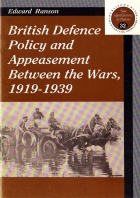
British Defence and Appeasement Between the Wars 1919-1939
ArticleClick to view -

British-Army camp followers in the Peninsular War
ArticleClick to view -

Capturing public opinion during the Paris Commune of 1871
ArticleClick to view -
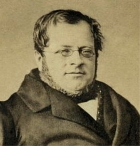
Cavour and Italian Unification
ArticleClick to view -

Crowdsourcing the heritage of the Second World War
ArticleClick to view -

Cyprus: another Middle East issue
ArticleClick to view -

Czech Uranium and Stalin's Bomb
ArticleClick to view -
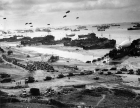
D-Day, Commemorations - the last big year to remember?
ArticleClick to view -
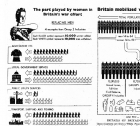
Diagrams in History
ArticleClick to view -
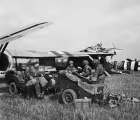
Do historical anniversaries matter? Case study: Arnhem 1944
ArticleClick to view -

Driver Ben Cobey 8th Royal Field Artillery
ArticleClick to view -

Ending the French Revolution
ArticleClick to view -

Evelyn Waugh’s books on the Italo-Ethiopian War, 1935–36
ArticleClick to view -

Exploring Twentieth-Century History
ArticleClick to view -
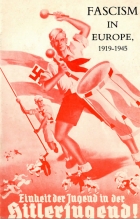
Fascism in Europe 1919-1945
ArticleClick to view -

Faster, Higher, Stronger: The Birth of the Modern Olympics
ArticleClick to view -

Film series: Power and authority in Germany, 1871-1991
ArticleClick to view -

Film: A conversation on Goethe with A.N. Wilson
ArticleClick to view -

Film: An Interview with Margaret MacMillan
Multipage ArticleClick to view -

Film: Germany 1945-1991: Introduction
ArticleClick to view

